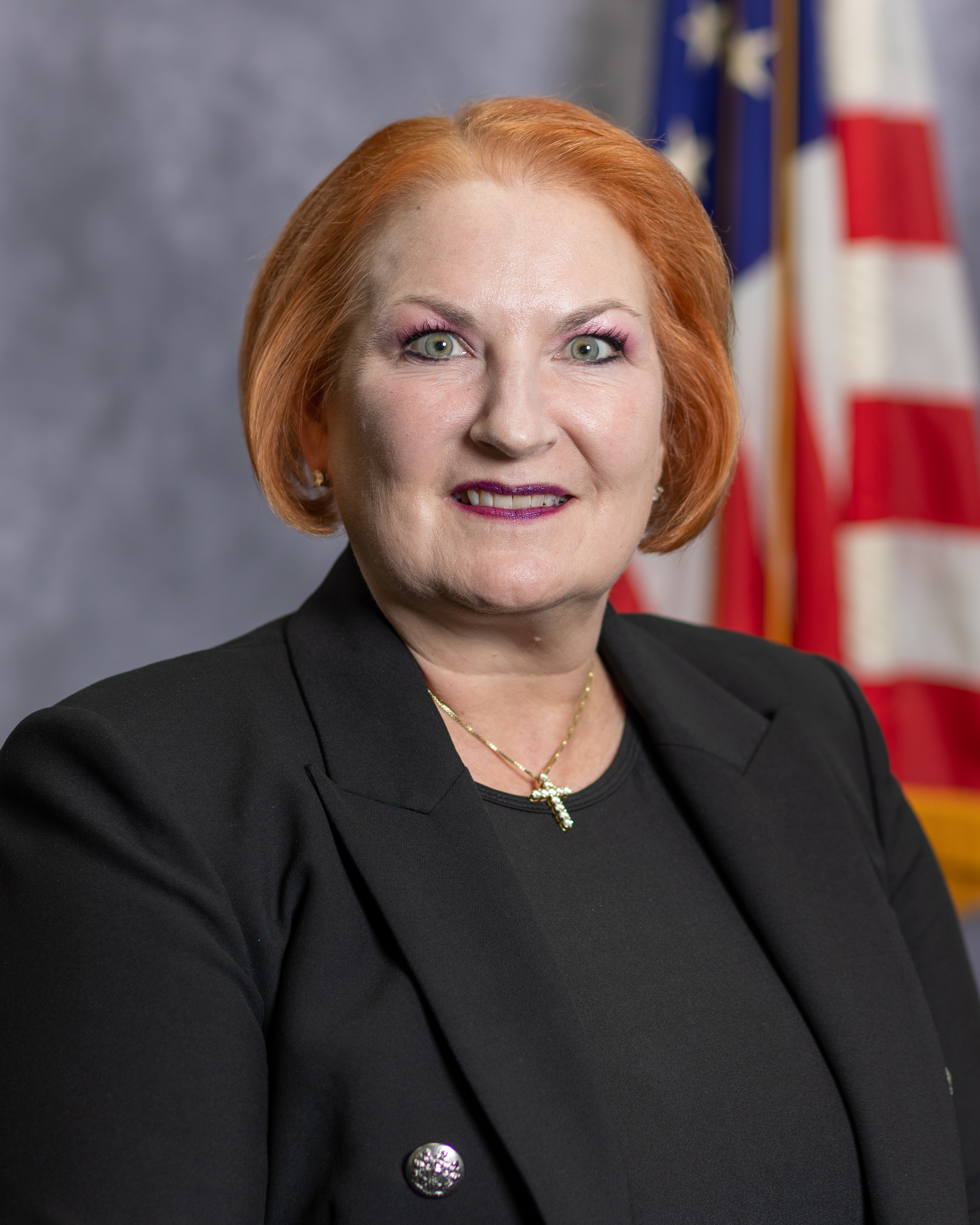Guardianship
Guardianship and Conservatorship
Guardianships
What is a guardianship?
A guardianship is an involuntary trust relationship in which one party, called a guardian, acts for an individual called the ward. The law regards the ward as incapable of managing his or her own person and/or affairs.
What is a guardian?
A guardian is an individual appointed by the Probate Court to protect, make decisions for, and act for a person in need of a guardian. The person who needs a guardian is known as ward.
A guardian of an adult ward receives Letters of Authority to act as guardian after the Probate Court has determined at hearing that:
- the proposed ward is incompetent, that is "so mentally impaired that he is incapable of taking proper care of himself or his property"; and
- the proposed guardian is a suitable person for appointment as guardian.
Who needs a guardian?
A guardian may be appointed for either an incompetent or minor, which are defined by statute as:
Incompetent: Any person who is so mentally impaired as a result of a mental or physical illness or disability, or mental retardation, or as a result of chronic substance abuse, that he is incapable of taking proper care of himself or his property or fails to provide for his family or other persons for whom he is charged by law to provide, or any person confined to a penal institution within this state.
Minor: Any person under 18 years of age who has neither father nor mother or whose parents are unsuitable to have custody and tuition of such minor, or whose interests, in the opinion of the Court, will be promoted.
Who chooses the guardian?
The Court appoints the guardian. However, a minor over 14, or the parents by will, may suggest a guardian for a minor. In addition, an adult, while competent, may nominate a guardian to serve in the event of incapacity.
Types of Guardianships.
Person and/or Estate: A guardian may be appointed either a guardian of the person, a guardian of the estate, or both. A guardian of the person has custody of, controls, and protects, the person of the ward. A guardian of the estate controls and protects the assets or property of the ward.
Limited: A guardian may be appointed with limited powers to make restricted or specific decisions of the ward. The ward retains all powers not granted to the guardian.
Emergency: In an emergency in which significant injury to a prospective ward may occur unless immediate action is taken, the Court may appoint an emergency guardian for 72 hours.
A guardian's compensation and attorney's fees are set by Court rule, and must be approved prior to fees being paid.
Alternatives to Guardianships
The law requires that no guardian should be appointed if less restrictive alternatives to a guardianship exist. Except for a Representative-Custodial Payee, all alternatives involve a person who has capacity, or is competent, to grant powers. If the person does not have a capacity when the powers are granted, they are subject to challenge and may be void.
Conservatorship
What is a conservatorship?
A conservatorship is a voluntary trust relationship using guardianship laws and procedures as its basis, in which one party, known as a conservator, acts with Court supervision of a competent, physically-infirm adult, who is called a conservatee.
Who chooses the conservator?
A conservatorship is based on the consent of the person for whom the conservatorship is to benefit. Thus , the conservatee decides who will serve as conservator, an what property and powers of the conservatee will be included in the conservatorship. In addition, the conservatee decides which of the guardianship duties and procedures the conservator follows and the Court enforces.
Power of Attorney
What is a Power of Attorney?
A Power of Attorney is a written authorization for an agent to perform specified acts, either personal (health care) or estate (property) on behalf of a principal.
Types of Power of Attorney
Durable: A Power of Attorney in which the powers granted remain in effect in the event of the grantor's incapacity or on being adjudged incompetent.
Springing: A Power of Attorney in which the powers granted become effective when the grantor becomes incapacitated or is adjudged incompetent.
Health Care: A durable Power of Attorney that may be used to authorize health care decisions in the event of incapacity.
Friendly Visitor Volunteer Guardianship Program
A volunteer provides friendly visits to specific wards who are currently residing in facilities throughout the county. These wards are individuals who are residing in a Richland County facility and have a court-appointed guardian. The Court's mission is to ensure that every person under guardianship receives appropriate protection, suitable care, and ongoing maintenance to ensure that all of the ward's needs are being met.
As a Friendly Visitor Volunteer, your role is to visit the Court's wards on a monthly basis. As a volunteer, you will be responsible to complete a short form and return the form(s) back to the court after your first visit.
You can become part of the volunteer program for the Court by filling out the Volunteer Application. Please send or drop off the completed application to the Richland County Probate Court and the coordinator will contact you.
Volunteer Application
PLEASE NOTE: CUT OFF TIME FOR FILING IS 3:45 P.M.
| Filing Fees | |
| Initial Deposit | |
| Guardianship Application | $200 |
| Conservatorship Application | $150 |
| Civil (Sell Real Estate, Etc.) | $125 |
| Settlement Claim of an Adult Ward | $94 |
| Additional Costs | |
| Guardians Report and/or Statement of Expert Evaluation | $5 |
| Accounting | |
| First Page | $12 |
| Additional Pages | $1 |
| Inventory | |
| With Real Estate | $10 |
| Without Real Estate | $7 |
| Applications & Motions | $5 |
| Application to Terminate | $10 |
| Bond Release | $5 |
| Application to Pay or Deliver Estate of a Minor Without Appointment of a Guardian of Estate | $31 |


